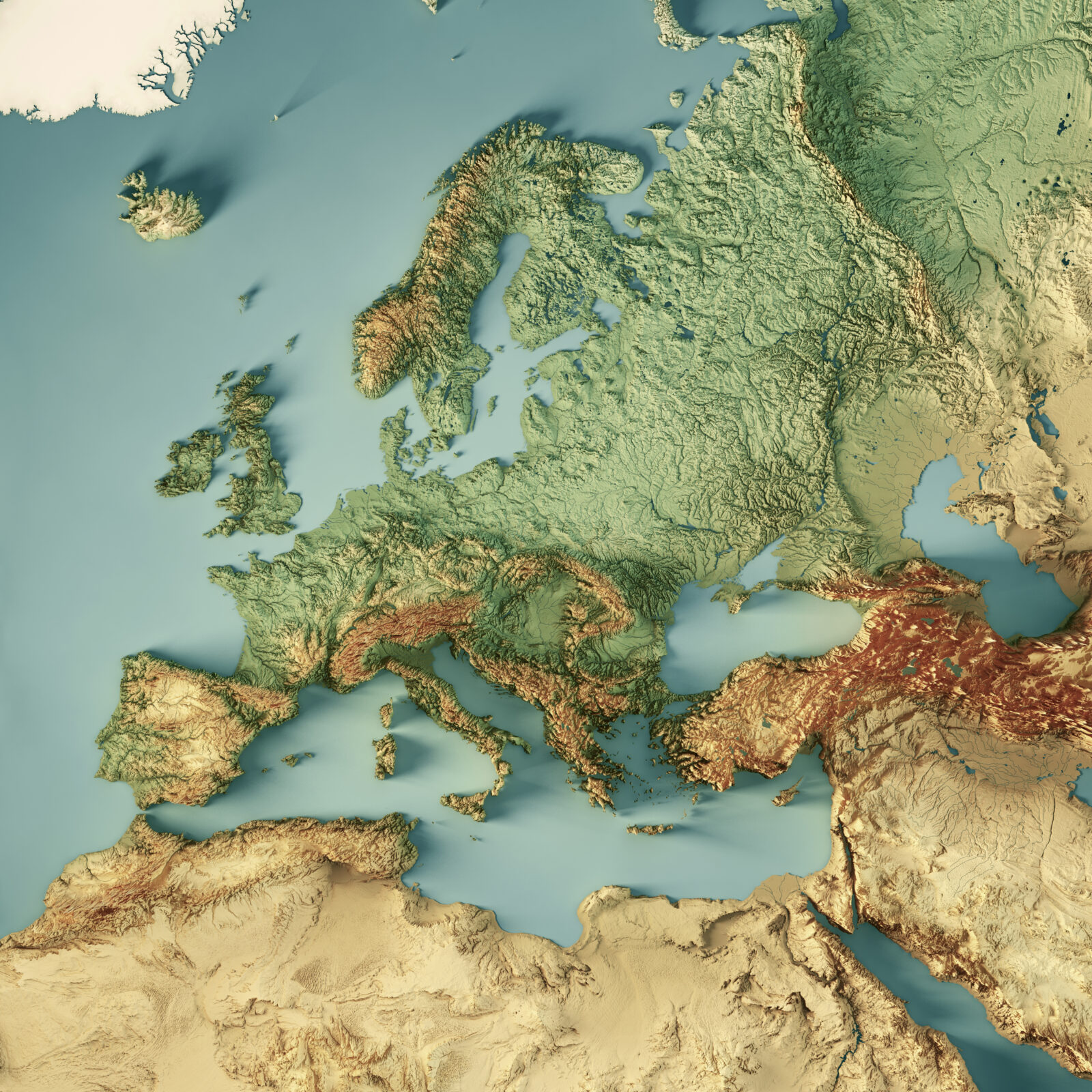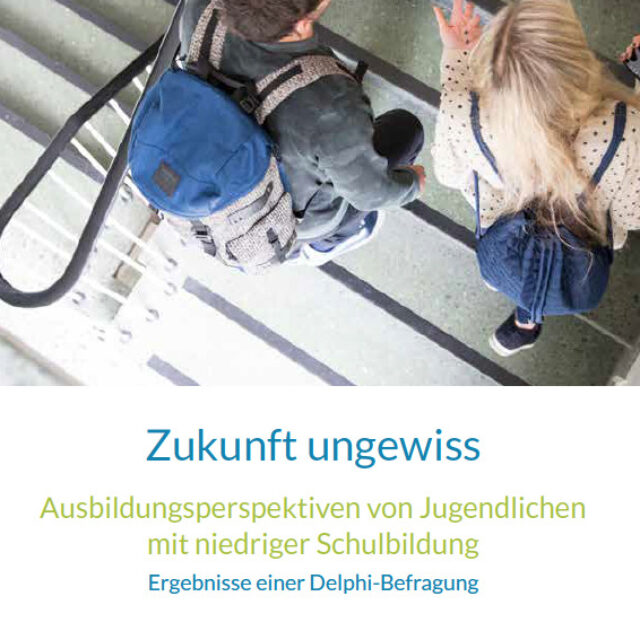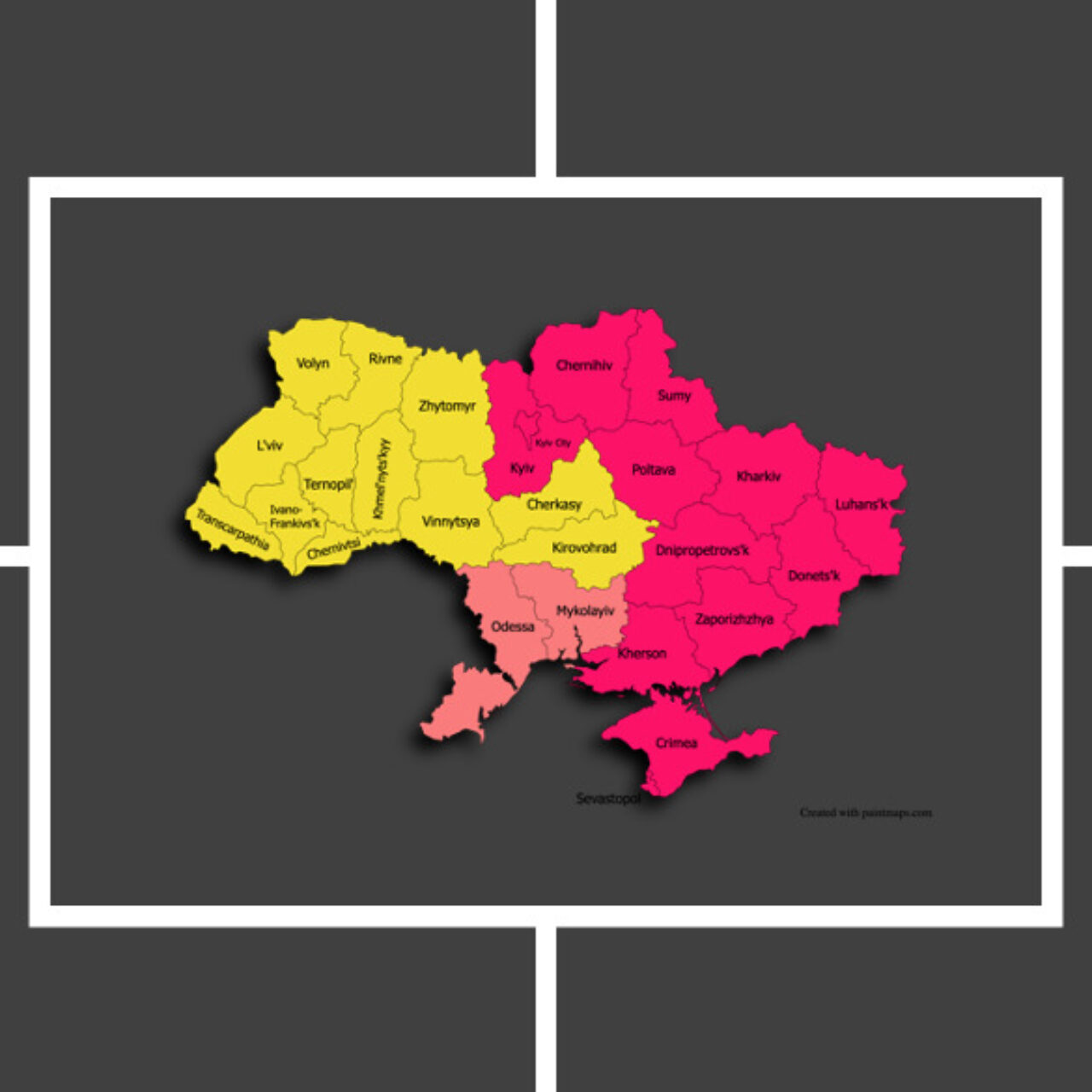MENA 2032: Anticipatory Governance
What can and should future German development policy in the MENA region look like? The Bureau fuer Zeitgeschehen developed a participatory foresight process with the Deutsche Gesellschaft für Internationale Zusammenarbeit on behalf of the BMZ to find answers.
Climate change, digitalization, demographic change, and geopolitical shifts are drivers of transformation processes – with uncertain outcomes. How will these drivers of change play out in the Middle East and North Africa (MENA)? And what other forces will influence future developments? How can German development policy support transformation in the region?
To discuss these questions in depth and develop a future-proof development policy in a volatile, uncertain, complex, and ambiguous (VUCA) world, the Gesellschaft für Internationale Zusammenarbeit (GIZ) is conducting a participatory foresight process together with the Bureau fuer Zeitgeschehen (BfZ) on behalf of the German Federal Ministry for Economic Cooperation and Development (BMZ). The focus is on selected countries: Egypt, Algeria, Tunisia, Libya, Morocco, Jordan, Lebanon, Palestinian Authority, Iraq, Yemen, and Syria.
To gain the broadest possible expertise and picture of possible futures, about 50 experts from the region and surrounding areas participated and developed future scenarios in online workshops. To stimulate in-depth discussions, participants worked on the following topics: Political Factors and Governance, Economic Development (incl. Technology), Social Development, Peace and Security, and Natural Living Conditions. For each thematical field, a slippery-slope, a transformative-progressive, and a counter-intuitive scenario were developed. The scenarios are now used to identify possible future development paths in and of the region and to align German development policy in the Middle East and North Africa for the years to come.








